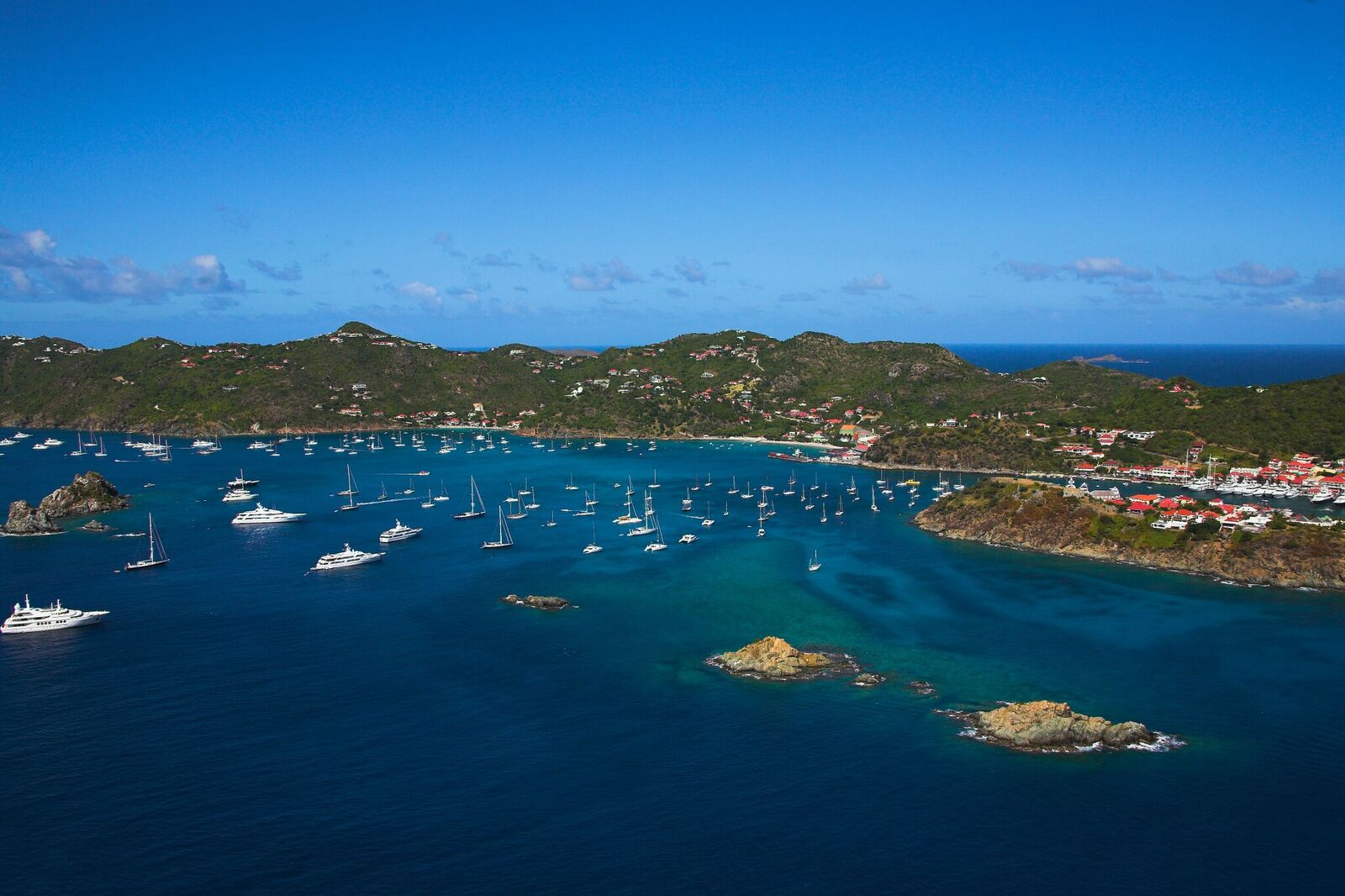St Barts environment: the natural reserve
Environment and nature
The St Barthelemy Nature Reserve created to ensure the balance of nature, works in close collaboration with the Community. Its main mission is to raise awareness of the population, especially that of the youngest, in schools or events.
In the field, it fights against poaching and direct damage to the St Barts environment. It is watching the evolution of all species to continue protecting those who are most vulnerable
In Saint-Barthélemy, the climate is tropical and hot all the year, with a relatively cool season from December to April, and a hot and humid season from May to November. This is a period characterized by many sunshine hours, but also by showers or thunderstorms, especially in the afternoon.
The help of numerous volunteers and nautical clubs allows a better assessment and management of the sites. For more information: Association Grenat BP 683, Gustavia Gustavia 97099 St Barthélemy Cedex Tel: 05 90 27 88 18 Email : contact@agence-environnement.fr Site : http://reservenaturellestbarth.com/fr
Drinking water production
Even if the island is surrounded by water with wild and amazing beaches, St Barthélemy is a dry island as it has no natural resource of drinking water. A seawater “desalination” system was therefore installed to separate the salt by evaporation and recover only the water.
To be consumable, water that has lost all of its minerals is remineralized before being transferred to a large reservoir at altitude. It allows redistribution to the population by gravity.
The very first seawater desalination plant appeared on the island in 1972. And it could produce up to 50 liters per day. Since the island of Saint Barthélemy has grown a lot, the demand for water has greatly increased.
Drinking water is produced by two systems:
- The first is production by vacuum evaporation by “thermo compression”. For several years, it has been carried out at 40% thanks to the vaporization of the combustion energy produced by the household waste incineration plant.
- The second is more recent and more economical, it is the production by “reverse osmosis”. Today, production is 4,300 M3 / day for a consumption of 3,000 M3 / day.









